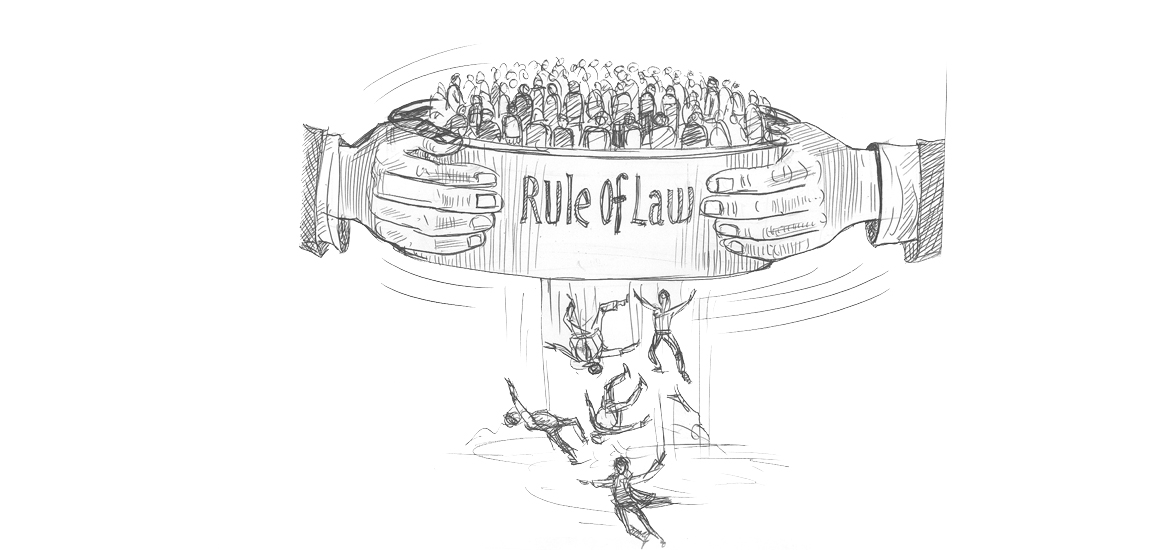Governance is enhanced to the extent that there exists a functioning and effective rule of law. The rule of law refers not only to the actual content of regulations but, more importantly, to the -institutional process by which rules are made, amended, interpreted, and enforced. An effective rule of law is conducive both to democracy and to rational-legal or constitutional legitimacy. Its role in development is to maximize the ease with which private firms and NGOs can assess the legal risks associated with their plans of action, thus maximizing the likelihood that firms and NGOs will be innovative and active. Stability is key to an effective rule of law. But since no system of rules can be literally stable and unchanging in a dynamic environment, the stability must come from an open and predictable process for changing the rules.
Access the full document here.
This article is available in the Handbook on ‘New Public Governance’, a collection of choicest of articles that capture the essence of good governance.
Read more: https://spontaneousorder.in/beef-rule-law/
Post Disclaimer
The opinions expressed in this essay are those of the authors. They do not purport to reflect the opinions or views of CCS.






